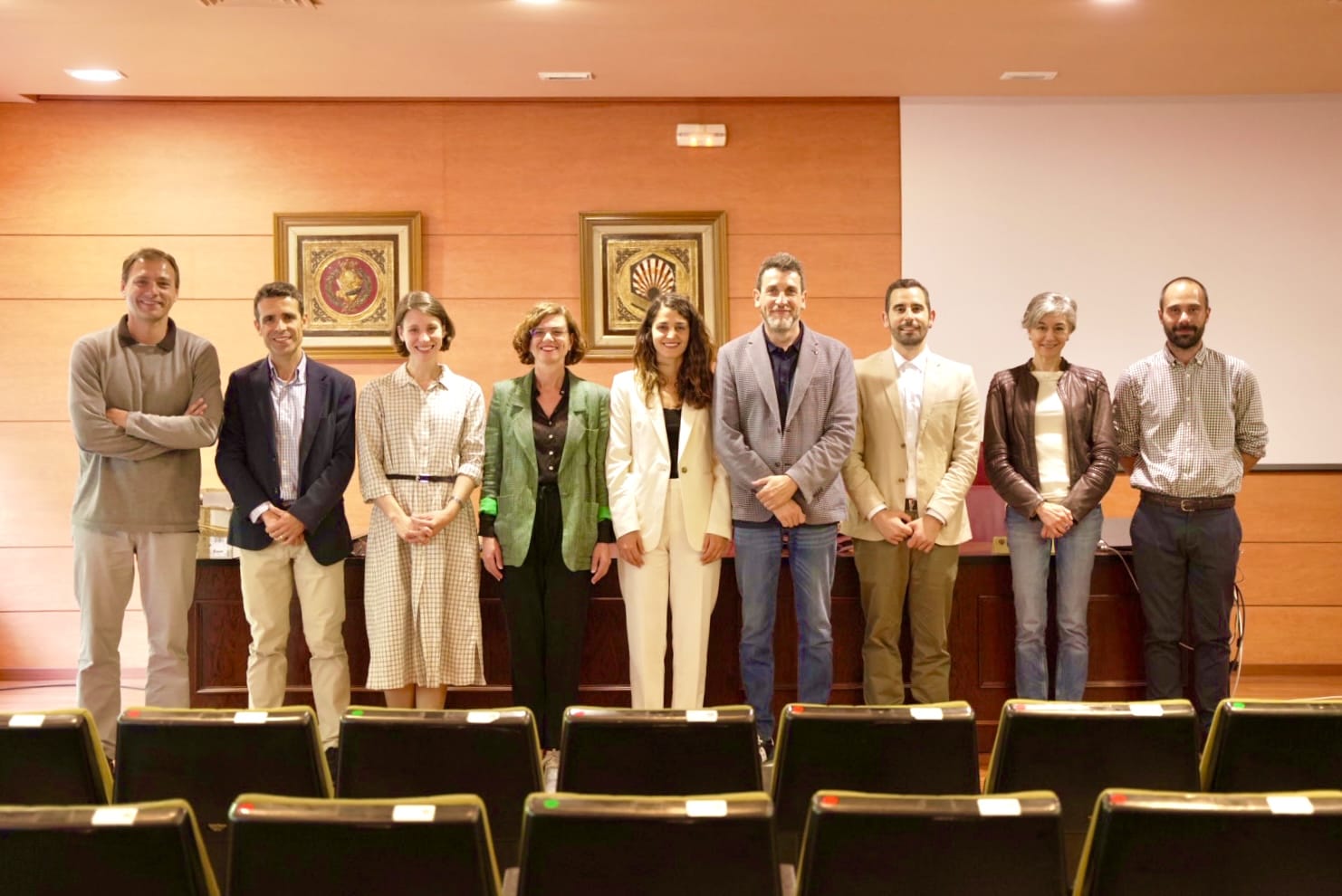
The SPEY project (Sport for the Prevention of Extremism in Youth), led by the UFEC, held this Thursday, April 28, the workshop ‘Violent extremism and sport’, organized by the University of Córdoba (UCO). The event was a space for meeting and analysis around the intersection between violent extremism and sport, in order to propose tools to minimize the risk factors involved in the process of radicalization in youth.
With the presence of different experts and institutions, emphasis has been placed on youth and vulnerable groups, the role of cities and civil society, the supranational perspective, as well as security at major sporting events and shows; all as determinants of risk in the radicalization of youth.
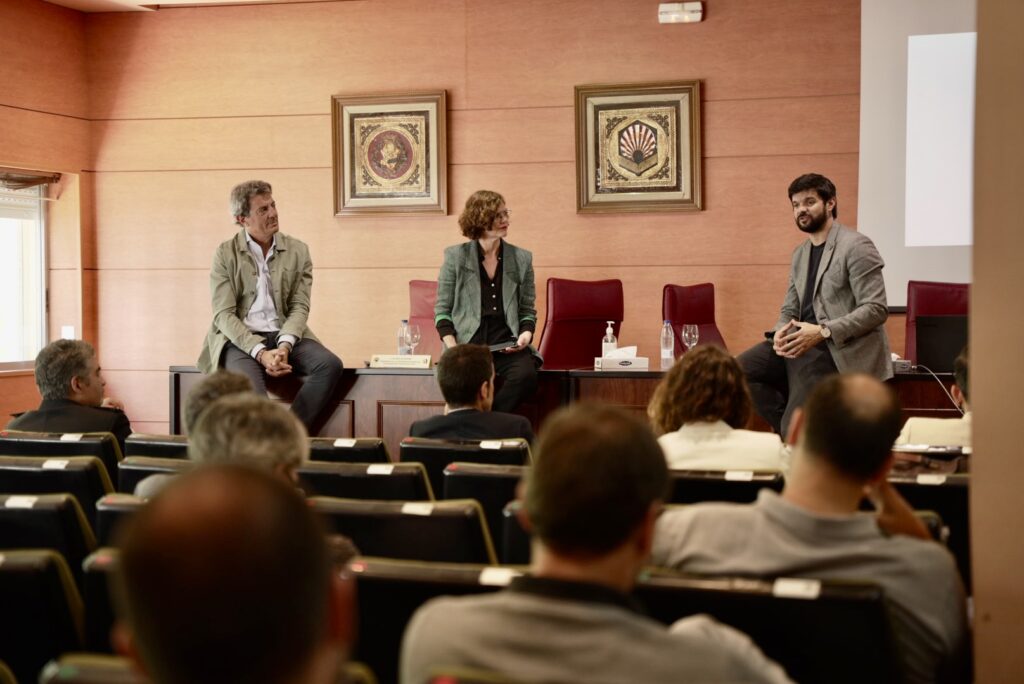
The day began with a presentation by the President of the UFEC, Gerard Esteva; the Vice-Rector for Inclusive Policy and University Life, Rosario Mérida; the dean of the Faculty of Education Sciences, Maria del Mar García; and the vice-dean of Practicum of the Faculty of Education Sciences, Manuel Moyano.
Moyano highlighted the “pride” of organizing a day where the results of the ‘Sport for the Prevention of Extremism in Youth’ project were presented. ” In the 20th century, we are once again experiencing situations of violent extremism” said the UCO Department of Psychology researcher, who added that sport” is a vector for both risk and prevention “.
Roundtables on the intersection of violent extremism and sport
The session continued with the roundtable: ‘Sport as a resource for the primary prevention of violent extremism’, with the participation of José María Martín Criado, from the coexistence and equality service of the Ministry of Education and Sport of Andalusia; Juan de Dios Benítez-Sillero, of the Department of Specific Didactics of the University of Córdoba (UCO); Juan Calmaestra, from the Department of Psychology at the UCO; and Azahara Blanco, from Guadalquivir Secondary School. This first intervention emphasized how sport and having positive sports references can be a good tool to prevent behaviours such as bullying, truancy, etc. This table has been moderated by Marta Domínguez, director of UCODEPORTE.
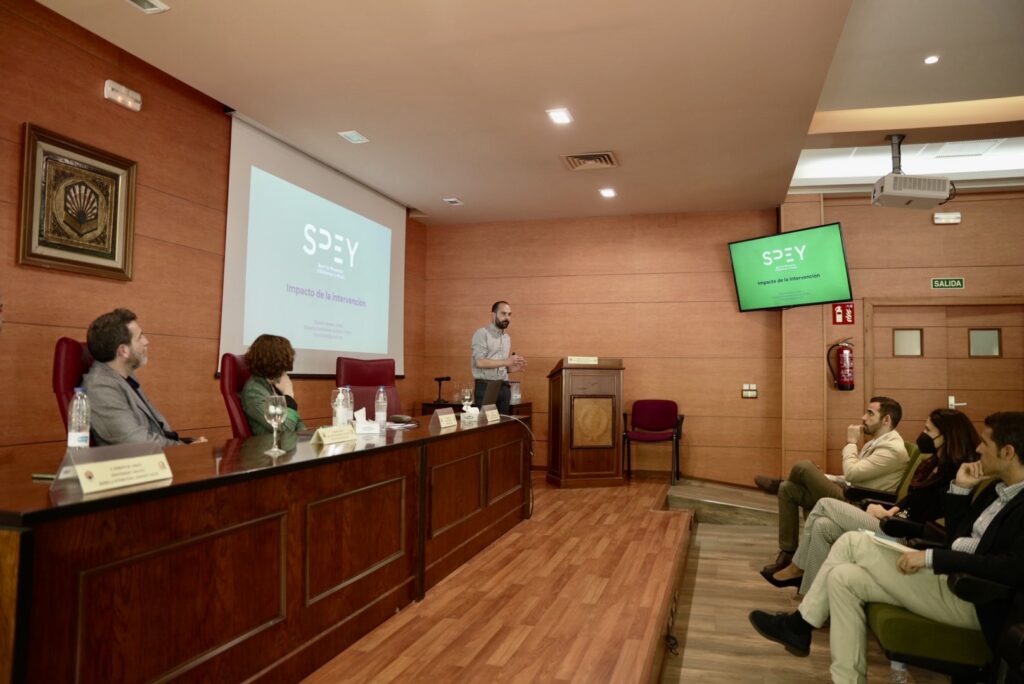
Then, the role of sports federations in the prevention of violent extremism and the implementation of projects that promote social cohesion and non-violence were discussed. The president of the UFEC, Gerard Esteva, took part; and also, the president of the Andalusian Confederation of Sports Federations (CAFD), Alfonso Escribano; and the intervention was moderated by Milena de Murga, co-creator of the SPEY project and director of the Department of Social and International Projects at the UFEC.
Later, the main aspects and progress of the SPEY project were presented to all attendees. An exhibition led by some of the people in charge and creators of the project, such as Milena de Murga; Neus Arnal, educator and researcher of the project; Roberto M. Lobato, analyst at the Marbella International University Center; and Daniel Mateu, co-creator of SPEY and collaborating researcher at the University of Córdoba.
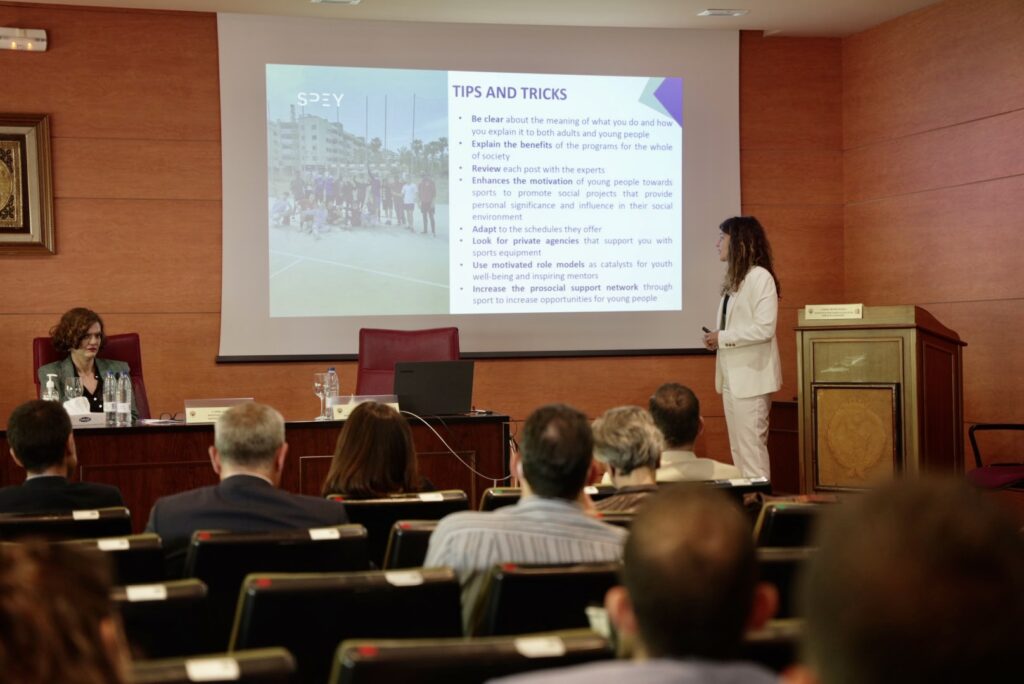
Finally, the issue of violent extremism and sport was addressed from a supranational perspective, with the presence of Julio Andrade, director of the International Training Center for Authorities and Leaders of Málaga; Luis Macua, researcher and analyst at the United Nations National Office; and Manuel Moyano, researcher in the Department of Psychology at the UCO. A table in which safer comprehensive measures have also been proposed in the field of sports, especially in their facilities, possible targets of terrorist actions due to their media coverage. Macua stressed that “the prevention of extremism is a priority for the United Nations, and initiatives such as SPEY, which already appears in our databases as a project of good practice in this field, are very interesting.”
The event closed with the conference ‘Terrorism and sport’ by Carlos Igualada, director of the International Observatory on Terrorism Studies (OIET). Igualada reviewed how various terrorist organizations have used sporting events as a target, noting that “initiatives such as SPEY are a preventive benchmark for how to work violent extremism through sport.” It has been presented by the President of the Social Council of the UCO, Fransico Muñoz Usano.
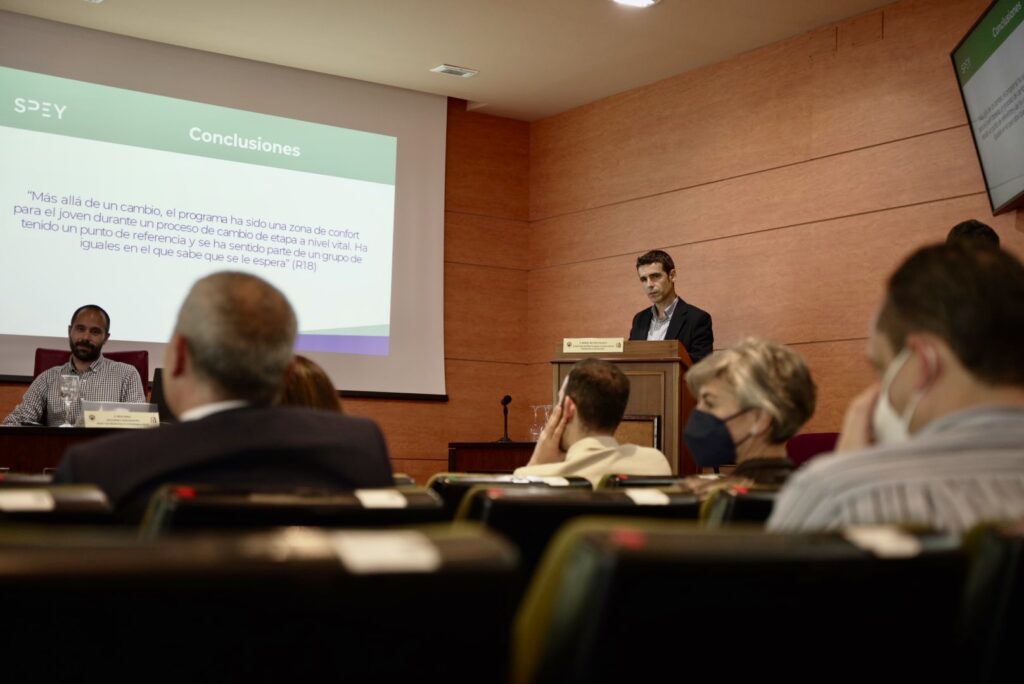
The event was held in the Hall of Degrees of the Faculty of Education of the University of Córdoba and was attended by members of the state security forces and bodies, members of the Ministry of Education of the Junta de Andalucía and students from the University of Córdoba, among others. A day that, in addition to sharing information, has also served to create synergies for future collaborations.
SPEY, a project to prevent the radicalization of young people
The SPEY Project, led by the UFEC and co-funded by the European Commission, combines the practice of sport and the learning of transversal skills with the aim of minimizing the risk factors involved in the process of radicalization in young people.
Understanding that extremism often uses social exclusion as a catalyst for certain hate speech. SPEY Project also seeks to improve the channels of integration and support network of people at risk of social exclusion while always maintaining a cross-cutting gender perspective. throughout the project.
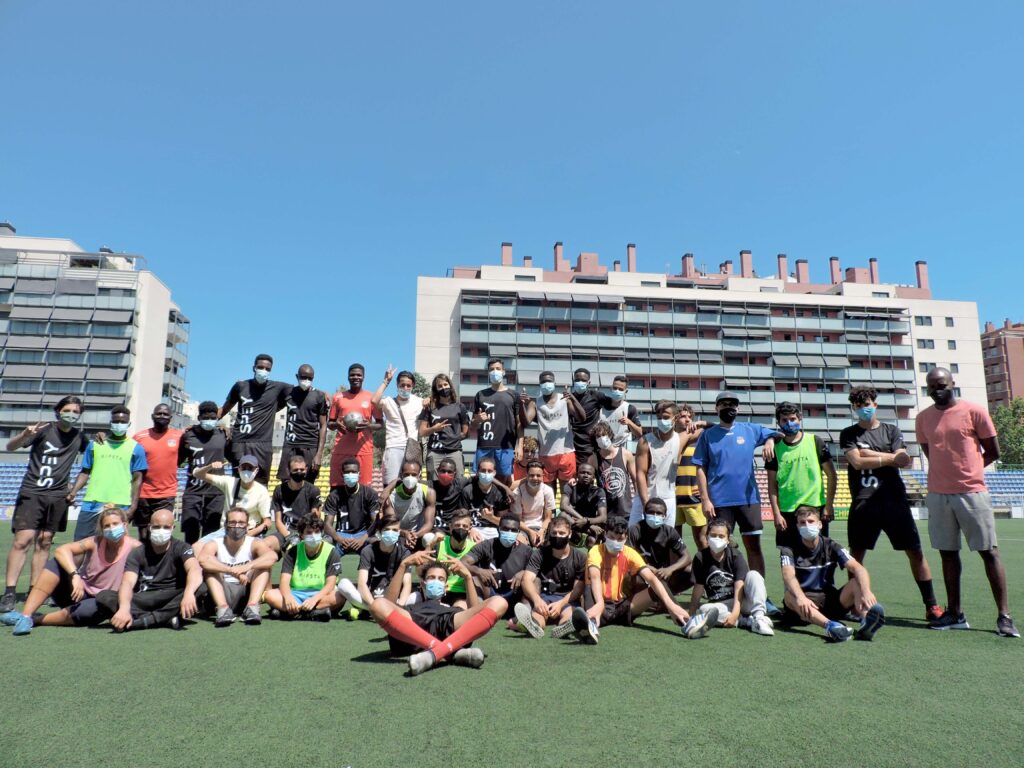
Led by renowned academics, SPEY Project aims to produce tools which can measure the effectiveness of programs aimed at preventing extremism through sport. The SPEY project has the support of 7 countries and 9 ‘partners’, including the Confederation of Sports of Sweden, the Union of Federations of Latvia, the International Council of Sport and Physical Education of Germany, the City Council of Gondomar of Portugal, the Ministry of Culture and Sport of Greece, the French ‘think tank’ Sport and Citizenship, and the University of Córdoba.